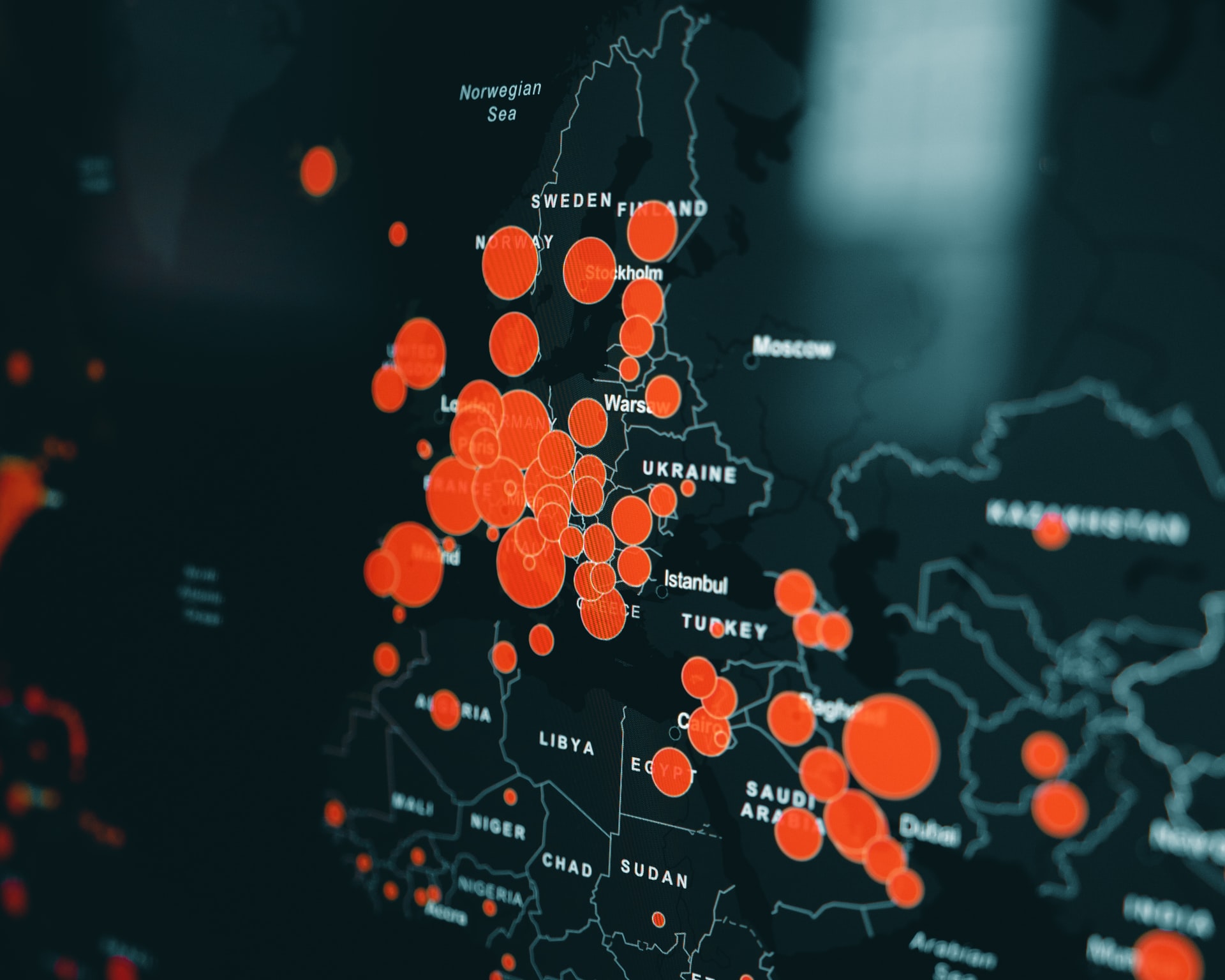Coronavirus, or COVID-19 to use its technical name, is now present throughout Europe. What seemed a distant reality in China not so long ago, has shifted its epicentre. Our lives have changed so abruptly that we are still trying to adapt. It is now a pandemic that already affects hundreds of thousands in our continent. It is also a further stress test for the EU. For quite a few years now, the Union has been faced with existential crises. The global economic crisis of 2008, irregular migrant flows to the continent in 2015/016 and Brexit since 2016 have been major concerns for many in the EU. They have all brought the integration project to the brink, underlined the differences between member states and led to questions on the Union’s future. Again and again, the concept of solidarity has been placed in the spotlight.
How to deal with the coronavirus and minimise its impact on the people of the EU, on its economies and on the cohesion between member states are just further problems to add to the list. Although it is the health of the people of the EU that must come first, also at stake are the credibility of its institutions, its economy and its image in the world.
Furthermore, the coronavirus is a further vital threat to the already fragile Schengen Area. It was previously put to the test by the waves of irregular migrants and caused many heated debates on ‘Fortress Europe’ –a concept that, according to many, does not reflect the spirit of the integration project–. Today numerous member states have unilaterally closed their borders to protect themselves from the spread of the virus. Whenever there is a threat, one of the first reactions is to close borders. This endangers the Union’s four freedoms: the free movement of goods, services, capital and people. And not only that.
“Many governments decided on their own how to combat this global crisis, while a measure of coordination between them could have saved more lives”.
Some member states have been severely hit, with their health systems and economies placed under enormous stress. Today, there are drastic differences between member states regarding the number of infections and the resilience of their health systems. Some, like Italy and Spain, are clearly worse off when it comes to the number of those affected, while others, like Lithuania and Malta, have seen less of an impact. Italy has been affected for weeks and has already expressed its clear need for medical material. The EU was again unprepared to help one of its members. Many governments decided on their own how to combat this global crisis, while a measure of coordination between them could have saved more lives. And that is just the tip of the iceberg. What is yet to come requires more collective action, which why solidarity is so important today and will be even more so once the crisis is over.
For the past few weeks, the general image projected by the EU was of inaction, lack of coordination and no solidarity. At this stage, it is important to remember that public health is a supporting competence for the EU. That means that member states legislate and the Union can only help. This, no doubt limits the EU’s elbow room, although it does not mean that its hands are tied when it comes to crisis management.
Once public opinion began to react to the Union’s inaction, the European Commission came up with a common agenda on March 16. Ursula von der Leyen suggested closing the Union’s external borders, while underlining the importance of maintaining the single market. She encouraged the free movement of goods (even with special green lanes on roads between member states), especially for merchandise related to public health, while asking for prior authorisation to export medical equipment outside the EU. The European Commission’s package also included support for joint public procurement initiatives for medical equipment such as gloves, masks and respiratory ventilators and also aid for research to develop a vaccine against the virus.
The following day the leaders of the EU27 –with the Presidents of the Eurogroup and the European Central Bank along with the High Representative for Foreign Affairs and Security Policy also being present– discussed the package via teleconference. The harmony between the European Council and European Commission was a very encouraging development. Limiting the spread of the virus was the plan’s focus and the leaders gave the green light to the Commission, with what is hoped to be a period of coordination among member states being commenced. Tackling the economic and social consequences of the crisis was mostly left until another day, while preparations for a new temporary framework for state aid were at least mentioned.
The main criticism of the EU is its short-sightedness in managing the crisis, along with the externalisation of its problems –as in the case of irregular migration–. The COVID-19 crisis requires both short- and medium-term coordinated responses. Saving one’s own nation, or minimising the impact of the crisis and focusing on individual states, cannot be the solution. Helping one’s neighbours when in need will be the first step towards a more powerful Union to face the pandemic.
“The EU cannot limit itself to the local since this is a global problem that requires global action led by global powers”.
This is also the right way to promote the Union’s external image. A geopolitical commission should act first for its member states and then for the rest of the world. China is engaging in a worldwide health diplomacy, having started to tackle the problem at the local level. The EU cannot limit itself to the local since this is a global problem that requires global action led by global powers. Europe’s global action should start with the full solidarity between member states.
Solidarity at times of crisis should be at the core of the EU’s raison d’être. This is the only way to convince Europe’s peoples that it is a project for the future, to help them believe that we are stronger together. This is the only way for the EU to be geopolitical global player, speaking the language of power. The EU should act European as a step towards acting global. This crisis, this global pandemic, should be taken as a wake-up call.



